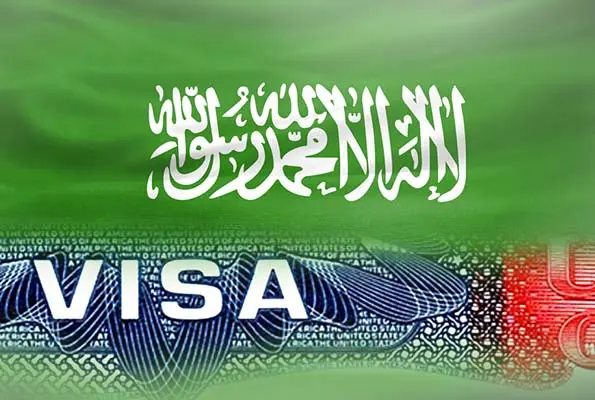To strengthen its research and educational sectors, Saudi Arabia has launched a new programme for educational visas, which aims to draw scholars and students to the Kingdom.
During the Human Capability Initiative’s second day in Riyadh, which coincided with the announcement, a high-ranking official voiced optimism that raising educational standards would boost the Kingdom’s GDP.
The Education and Training Evaluation Commission chairman, Khaled Al-Sabti, stated that Saudi Arabia is working to improve its educational system to meet international standards and that better educational performance will benefit the Kingdom’s economy.
“We are closely collaborating with the World Bank to quantify the possible influence of raising educational standards on economic growth,” He continued, while stating, “The preliminary results, based on Saudi performance on international tests, are really impressive.”
According to the official, the study predicts GDP growth will soar “if we manage to elevate the performance to the international level.”
Al-Sabti talked about the important relationship between economic development and education, stressing findings from empirical studies conducted since the late 1960s.
He stressed that economic prosperity increases with every year of education, showing a high return on investment with a steady monetary return of at least 9%.
“Quality education is more important than quantity, according to a recent analysis,” Al-Sabti stated.
“Cognitive talents are more significant than education certification,” the official went on.
He also emphasised the government’s creation of an independent body whose goal is to provide high-quality instruction and training.
“The Commission for Education and Training Evaluation is what we name it,” Al-Sabti said, explaining it further, “Our goal is to establish a Saudi quality model for education and training that is a global leader in innovation and impact.”
Yousef Al-Benyan, the Saudi minister of education, emphasised the ministry’s dramatic shift from being primarily concerned with operational duties like school construction and upkeep to becoming a facilitator and regulator.
He declared, “We focus on how we can make our instructors skilled enough to meet future standards. We focus on kids. We focus on the curriculum. We focus on schools.”
“We need to add digital skills as they are lacking, and there are at least several reports that indicate there is a long way for us to meet our aim,” the minister continued.
He went on to describe the various strategies used to improve the educational system. The minister emphasised the need to increase funding for teacher preparation.
“Question two: Is our curriculum well balanced to emphasise the abilities and values that are most important?” Al-Benyan posed.
Third, he went on, “We are emerging into an even greater standing in early childhood (education) and we have very defined plans that started a few years ago.”
Buthaina Al-Nuaimi, the Minister of Education and Higher Education for Qatar, emphasised the vital significance that education plays in his nation’s national development strategy.
“Our main goal was to bring the curriculum back into line with the constantly changing needs of the job market. We’re working with employers on this in collaboration with them because it’s critical to match the needs of the individual student with those of the country,” Al-Nuaimi remarked.



